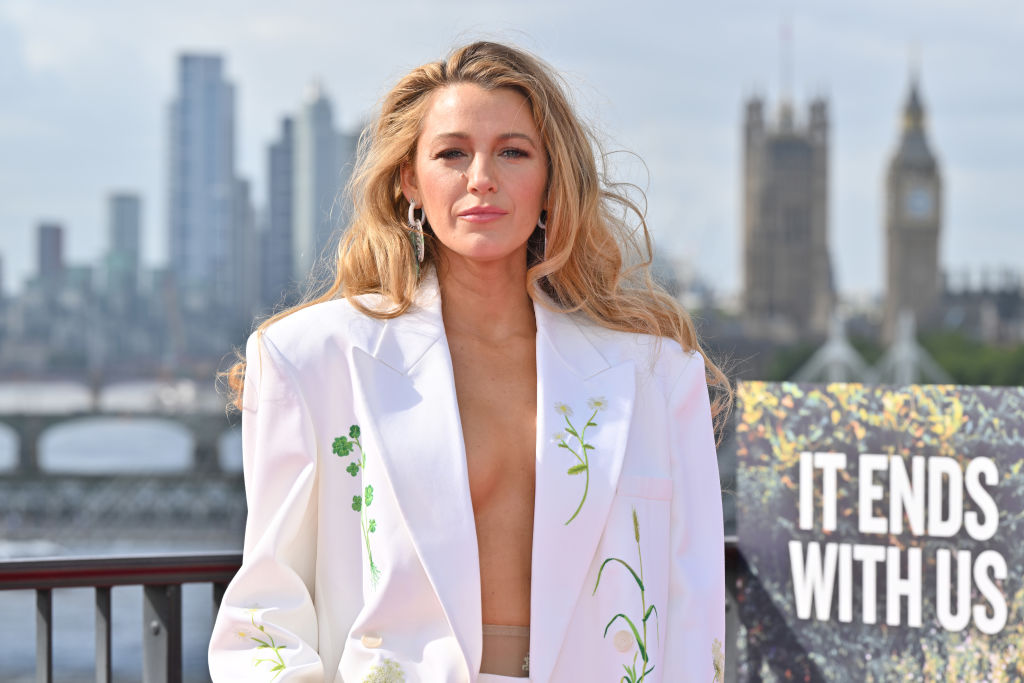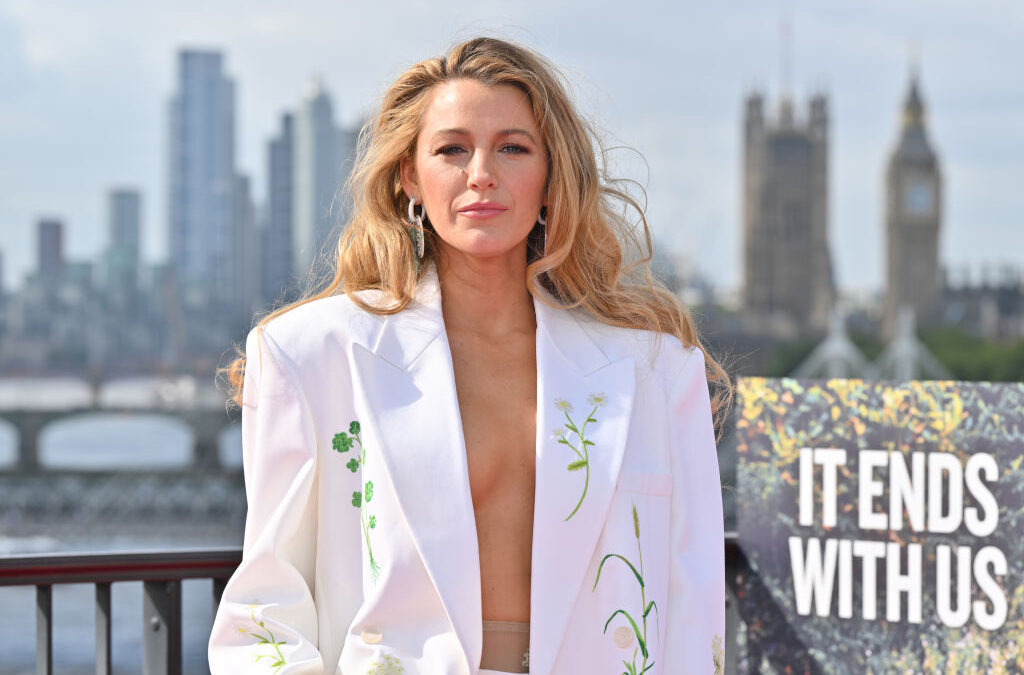The dangerous power of ‘misogyny slop’
It’s the new frontier of sexism online.
Words by Ruchira Sharma

If you’ve ever wondered why the Duchess of Sussex can’t distribute jam in peace, or why people seem to really hate her when her worst ‘crime’ is wanting to be a media personality, but not a Royal, consider: misogyny slop.
Feminist YouTuber Ophie Dokie coined the term after seeing the internet jump on claims Blake Lively is a ‘mean girl’ without hesitation or inspection. TikTok’s about the subject garnered millions of views and likes, most of which showing edited, out of context clips that were framed negatively when in full, it was clear Lively was joking or being sarcastic in tone. What followed was the now infamous It Ends With Us legal dispute between Lively and Justin Baldoni – in which Lively alleges Baldoni orchestrated a smear campaign against her, something he denies.
We won’t see the outcome of their dispute until it goes to court next year, but in the meantime the landscape of social media remains laden with commentary around Lively that few would deny is layered with misogyny. And she’s just one of many. But how exactly do these stories pick-up steam?
In her podcast Power User, former New York Times internet culture correspondent Taylor Lorenz says movements such as this are bolstered through the online ‘misogyny slop’ ecosystem. The Duchess falls prey, too. This new network, which funnels people misinformation and biased reporting with an anti-women angle, is formed of amateur law enthusiasts who dub themselves experts and provide poor quality legal analysis on celebrity disputes.
Then comes the body language pros who offer dubious ‘analysis’ on facial movements and posture to claim they have insight into these women’s inner thoughts and intentions. Unsurprisingly, their conclusions often point to a malevolence only they can detect.
The last pillar in this, especially in the Duchess’ case, is social media sleuths who claim to have insider knowledge but are simply repeating other content creators without any interrogation. Are there even possibly streams we don’t even know about? Netflix’s Too Hot To Handle, Francesca Fargo, for example, recently shared she was offered money to partake in a TikTok trend mocking Hailey Bieber.
‘Sometimes [I] get paid to do a trend on TikTok. The person who started the trend, or the person who owns the song that’s on the trend, will pay creators to do that trend and to use that song,’ she explained. ‘[Someone] is paying creators to do that trend making fun of Hailey, and I think that is so mean.’
‘Someone is paying creators to do trends making fun of Hailey Bieber.’
Why do these new sources of misinformation thrive online? Well, it’s an easy way to build a huge audience and generate engagement – which TikTok literally rewards monetarily for people with over ten thousand followers. But more than that, there seems to be a desperately hungry audience looking for confirmation that their internationalised misogyny is actually an astute gut feeling. We’re eating up their slop ourselves, and it’s only hurting us all.
Photo: GETTY

